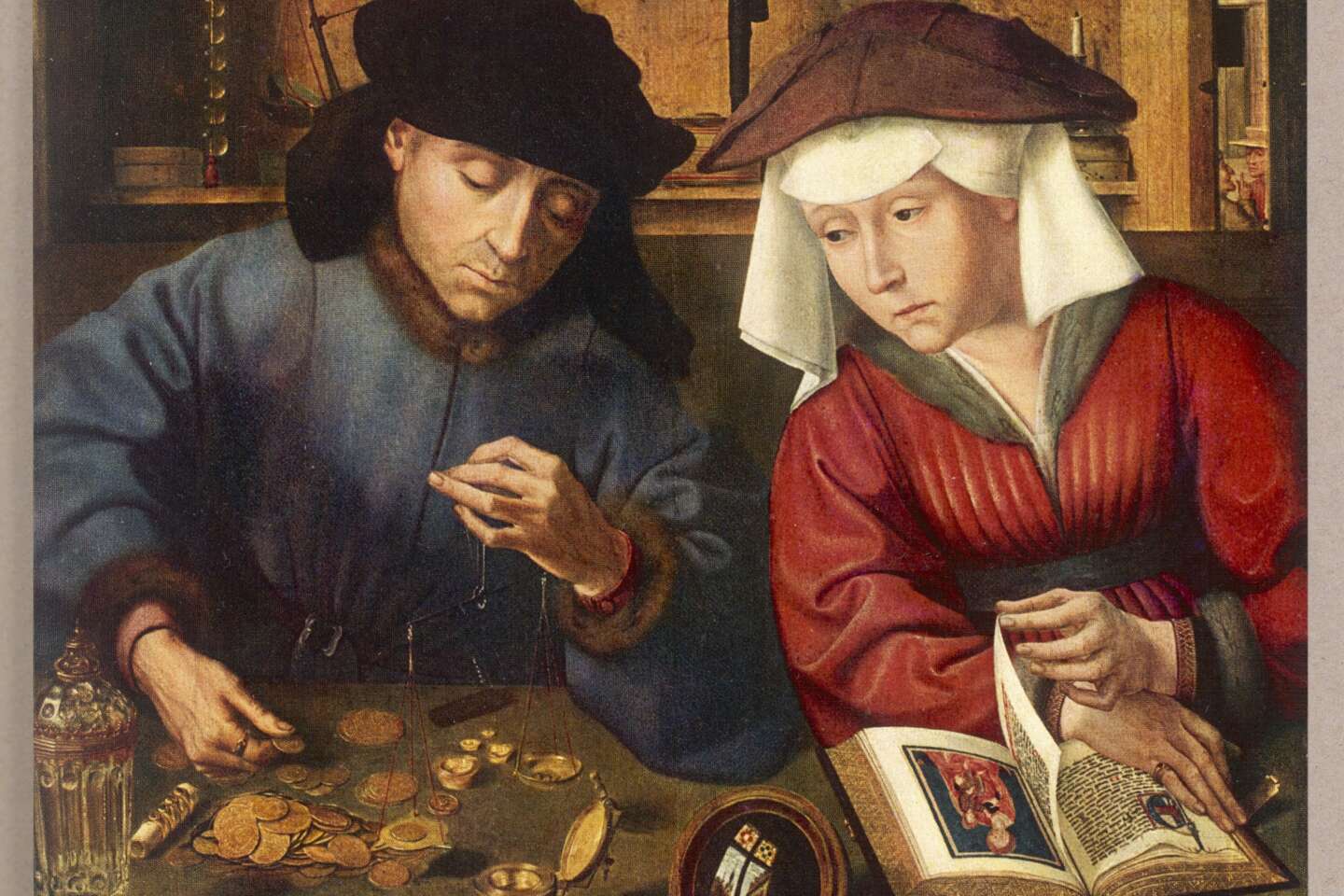Professor of history at the Institute for Advanced Study in Princeton (New Jersey, United States), Francesca Trivellato publishes the French version of her book Jews and capitalism. The origins of a legend (Threshold, 432 pages, 26 euros). In this book, this specialist in economic and social history of the Mediterranean area analyzes a tenacious myth that for several centuries associated with the Jews and the invention of the bill of exchange, one of the historical bases of capitalism.
Developed by Maritime Lawyer Etienne Cleirac (1583-1657), this legend conveyed many anti-Jewish prejudices, with the aim of legitimizing the practice of trade by Christian merchants. Francesca Trivellato’s genealogical study sheds light on a decisive moment in economic history and its consequences.
The bill of exchange is a tool that allowed the development of capitalism since the late thirteenth century.my century. What was it exactly?
The bill of exchange was an incredibly useful and complex tool: it allowed merchants to transfer funds to distant cities without the risk of sending silver coins that pirates could confiscate or lose along the way. A bill of exchange was issued in one currency and paid in another. Therefore, the most influential international bankers could speculate on the fluctuation of exchange rates.
In Lyon, from the 16thmy century, there were seasonal fairs where one bought and sold only bills of exchange, and not merchandise. This is the beginning of financialization, of the separation between the real economy and private finance.
In “Uses and Customs of the Sea” (1647), the maritime lawyer Etienne Cleirac was the first to attribute the invention of the bill of exchange to the Jews. Why did you make this connection?
Cleirac was a commoner and wanted to promote the social value of merchants over the aristocracy. Therefore, he set out to develop a theory of the “honorable merchant.” However, at the time, the law did not define the moral use of the bill of exchange. Therefore, this could benefit criminals who impoverish borrowers.
To encourage “honorable merchants” to reject this practice, Cleirac then told a story: the Jews would have invented the bill of exchange when they were expelled from the kingdom of France in the Middle Ages, to protect their property. This is completely false, but it sends a strong message: if a Christian merchant dishonestly handles a bill of exchange, he can be accused of “behaving like a Jew.” A terrible accusation in this age still very marked by anti-Semitism.
You have 67.73% of this article left to read. The following is for subscribers only.

“Professional food trailblazer. Devoted communicator. Friendly writer. Avid problem solver. Tv aficionado. Lifelong social media fanatic.”







